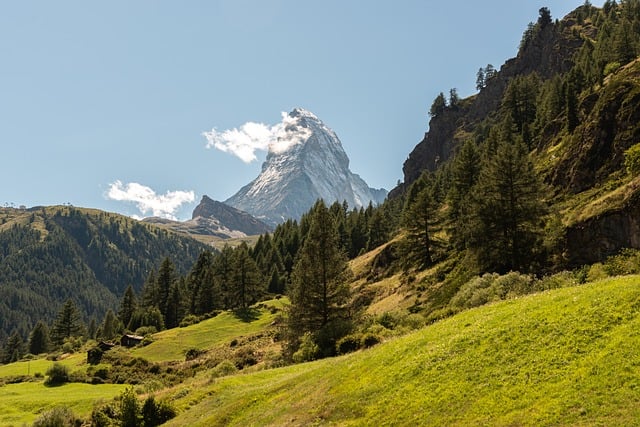
Chapter Overview
Trees is a poem written by Joyce Kilmer that celebrates the natural beauty of trees. The poet admires trees for their simplicity, strength, and the way they connect to the earth. The poem draws a contrast between the complex creations of humans and the simplicity of trees, which, despite being so natural, hold immense value and beauty.
The speaker of the poem marvels at how trees grow, stand tall, and remain strong, symbolizing nature's resilience. The poet suggests that trees possess qualities that are superior to human creations, such as their purity and their silent contributions to the world, like providing oxygen and shade. The poem implies that trees have an intrinsic beauty that does not require human interference.
The simple language and structure of the poem enhance its message, making it accessible for readers of all ages. Through the poem, the poet asks readers to appreciate and value nature, particularly trees, which play a vital role in sustaining life on Earth.
Important Keywords
- Trees: Large plants with trunks, branches, and leaves that are an essential part of nature.
- Nature: The physical world and everything in it, including plants, animals, and the landscape.
- Resilience: The ability of trees and nature to remain strong and grow despite challenges.
- Beauty: The quality of being pleasing to the senses, particularly in the case of trees in their natural form.
- Growth: The process by which trees expand and mature over time.
- Symbolism: The use of trees as a symbol for strength, peace, and life.
- Purity: The natural and untainted quality of trees and nature.
- Oxygen: A life-sustaining gas released by trees during photosynthesis.
- Shade: The protection from the sun that trees provide with their large branches.
- Silent Contributions: The idea that trees provide essential services quietly without human recognition.
